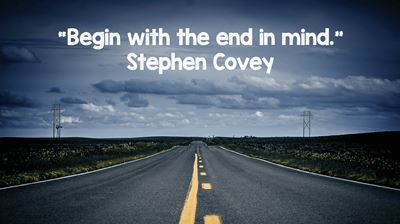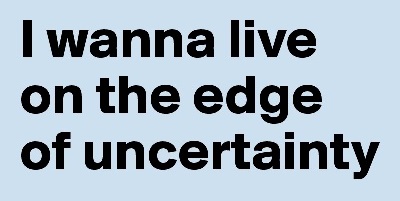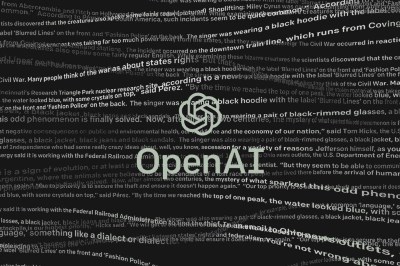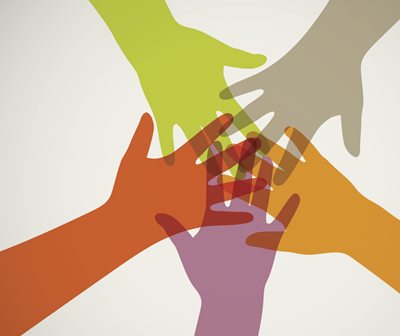We discover in this interesting post ‘The Founders of Clubhouse, Spotify, Stripe, and 42% of Unicorns Have One Thing in Common‘ that most highly successful entrepreneurs are actually serial entrepreneurs.

It shows that unicorn founders are quite likely to be founders with a history of small scale success and having exited from previous ventures.
“Among the founders of billion-dollar startups, almost 60% were not first-time founders. In a randomly selected group of startups that had raised a minimum of $3 million in venture capital funding but didn’t reach unicorn status — the typical picture for a seed-funded startup — about 40% were not first-time founders. The statistic shows that repeat founders were more likely to start a billion-dollar company.”
Thus, “It turns out that the best preparation for starting a wildly successful company is founding a startup. If you have never started a company, the best preparation for doing so is to start something, maybe a club, a side hustle, or simply selling something online.”
From those considerations we can infer interesting observations for the business angel that I am: repeat entrepreneurs with a history of growing and selling their startups are interesting candidates for investment. I am aware that this statement reverses in terms of causality the simple observation of the paper, but at the same it demonstrates the possibility of overcoming an emotional attachment to a venture, as well as experience through the entire lifecycle of a startup, and hence this inspires greater confidence in the new project.











